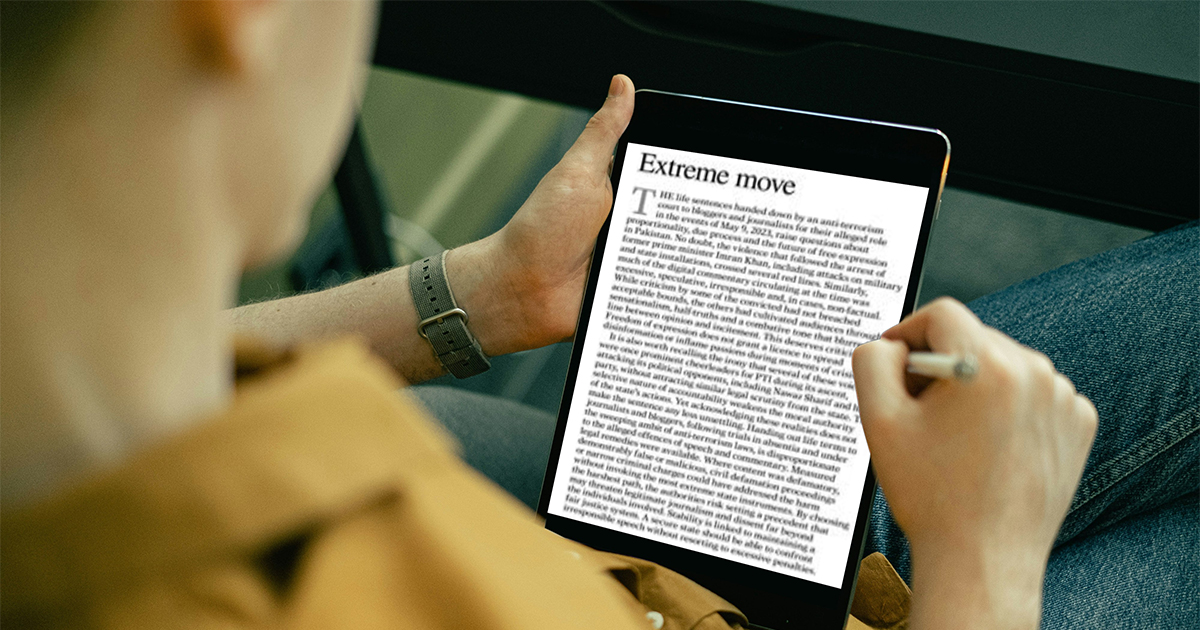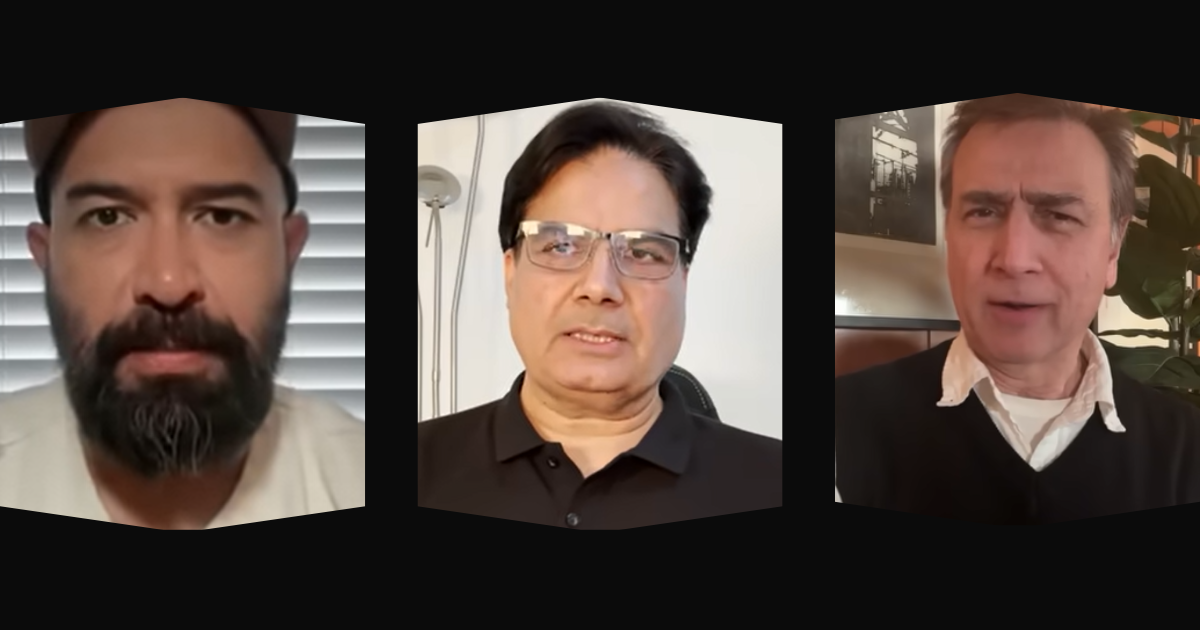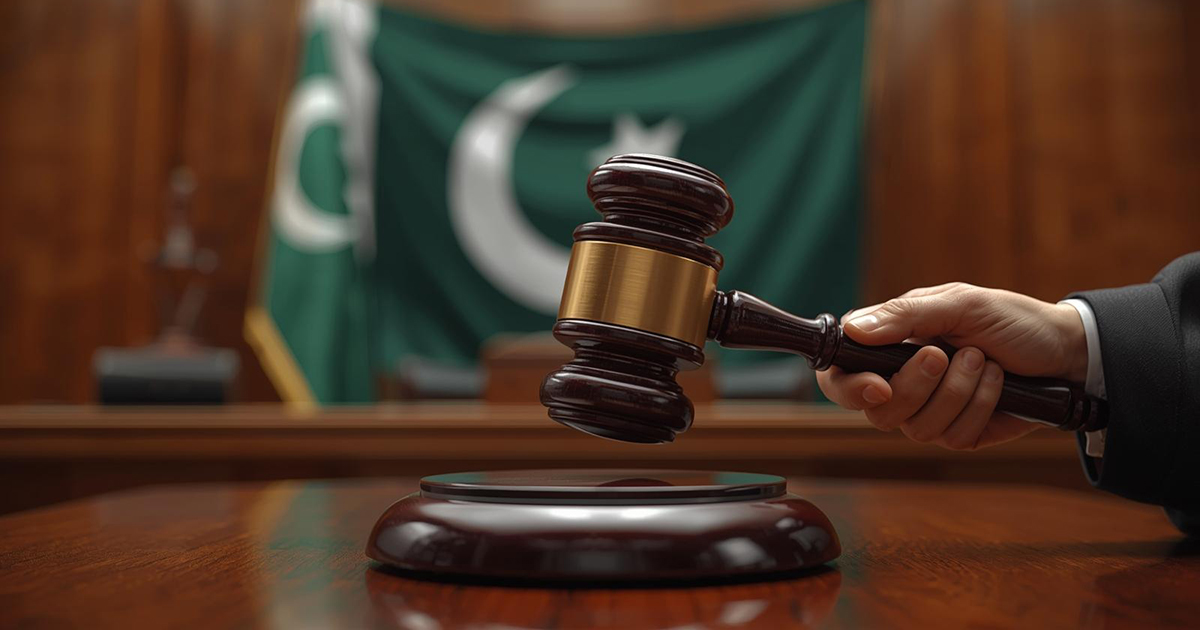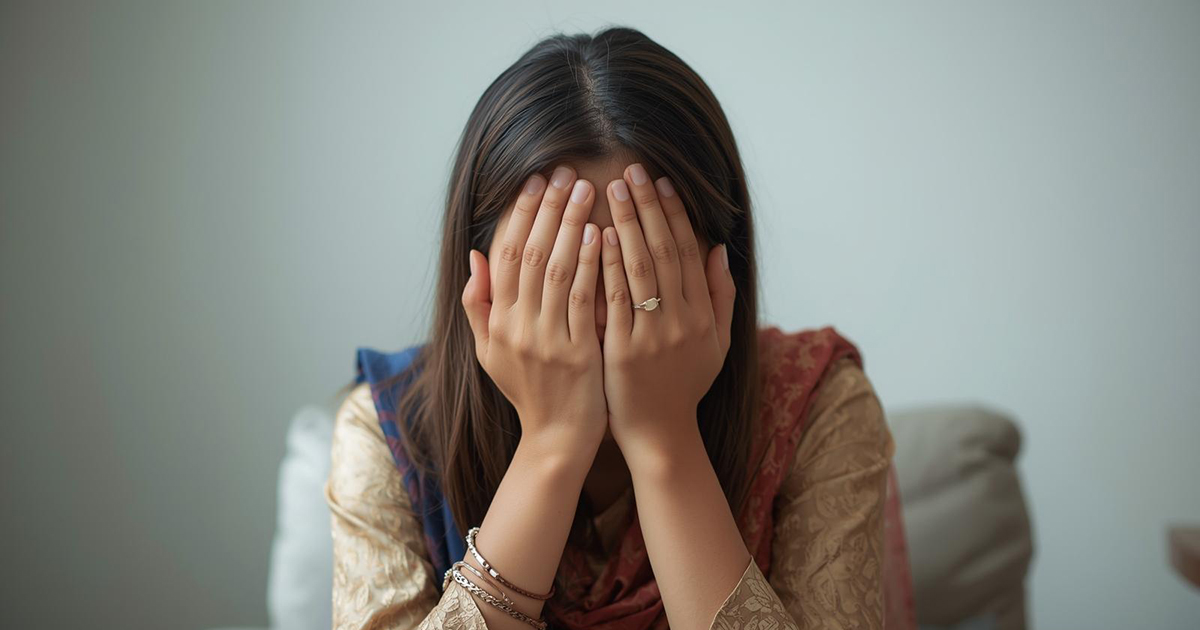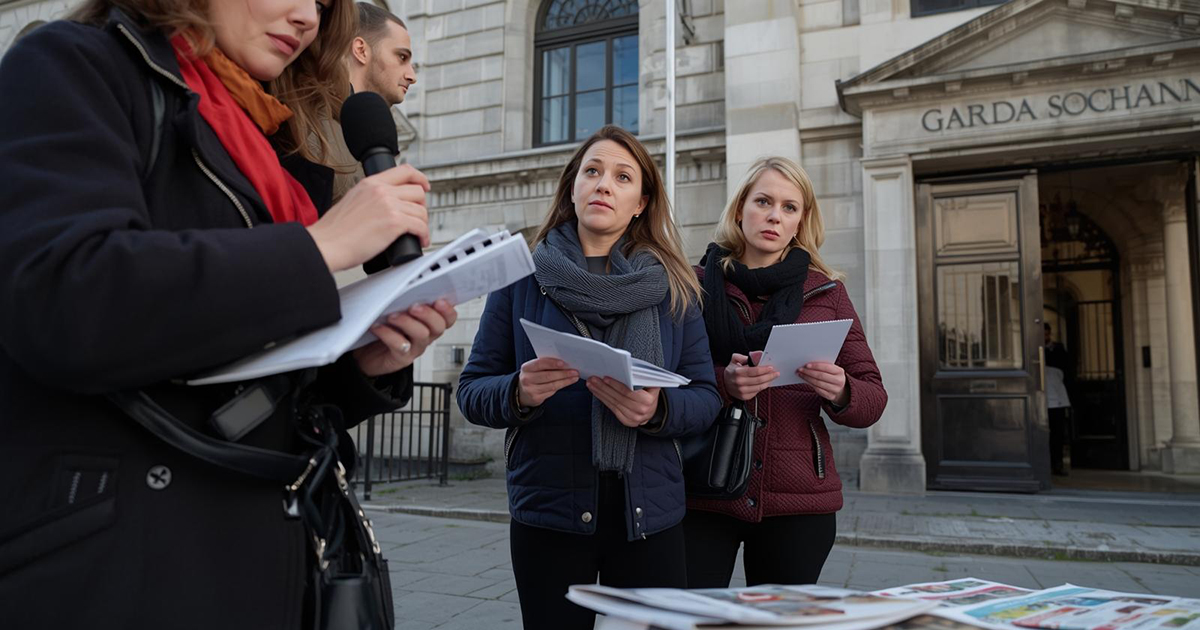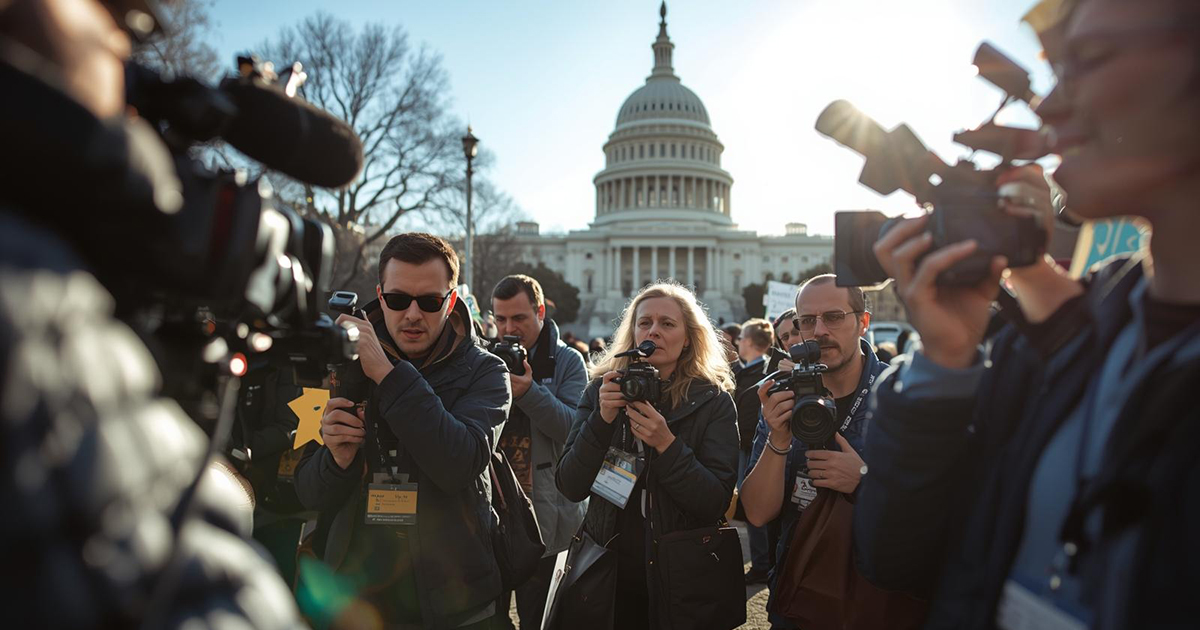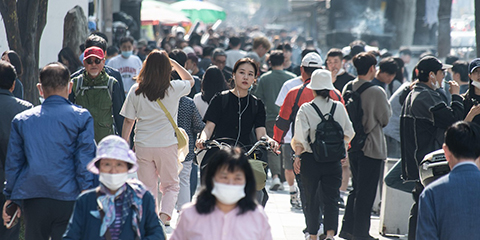PPF calls on federal and Balochistan governments to accept responsibility for safety of journalists
JournalismPakistan.com | Published: 2 November 2017
Join our WhatsApp channel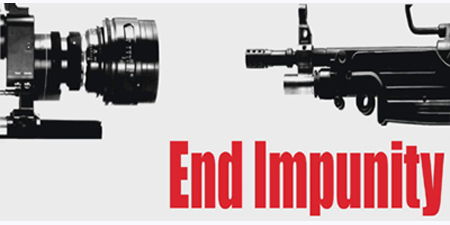
The Pakistan Press Foundation has demanded immediate action from federal and provincial governments to ensure the safety of journalists. A report reveals alarming violence against media workers in Pakistan, calling for a bill to hold authorities accountable.Summary
ISLAMABAD – The Pakistan Press Foundation (PPF) has called on the federal and the Balochistan governments and the security forces to take urgent steps to end the climate of fear and insecurity prevailing among media workers in the province.
The PPF report on International Day to End Impunity for Crimes against Media that is commemorated every year on November 2, stressed that the long-awaited draft of the bill for the safety of media workers must place primary responsibility for providing a safe environment for media squarely on the Government of Pakistan and provincial governments.
The PPF hoped that the safety bill will include effective measures to hold government and law enforcement officials responsible for the proper investigation, and prosecution for crimes against media workers and organizations.
The report by PPF, Pakistan’s oldest press freedom monitoring organization, lamented that Pakistan journalists are murdered, killed, detained, abducted, harassed and threatened by law enforcement and intelligence agencies, militants, tribal elders and feudal lords, and even political and religious parties that claim to promote democracy and the rule of law. Media houses and media persons are not only being targeted but threatened, pressured, intimidated and harassed by the state and non-state elements.
The safety situation for media in Balochistan took a turn for worse in October as journalists and media organizations came under attack in the restive Balochistan province, with three separate incidents reported since October 25 after the ultimatum ended by militant groups.
The Balochistan Liberation Front (BLF), a banned militant outfit, claimed responsibility for all three attacks. It had published an ultimatum and warning to media organizations and professionals in the province of dire consequences on October 13.
Journalists are insecure not just in Balochistan and other conflict areas but in all parts of the country, as was evident by the October 27 murderous attack on investigative journalist Ahmed Noorani by unidentified men in broad daylight at a busy intersection in Islamabad.
Noorani’s car was intercepted by six assailants riding on three motorbikes. Three men got down from their unmarked motorcycle after chasing down Noorani's car while another three joined in and severely beat up Noorani and his driver with sharp objects after throwing out the keys from the ignition. The attackers later escaped on motorcycles.
Earlier in the year on February 12, 2017, Taimor Abbas, who worked as an assistant cameraman at Samaa TV, a private news channel, was killed in Karachi as the channel’s Digital Satellite News Gathering (DSNG) van was fired upon by unknown assailants. The team was en route for coverage of an attack on police when it was targeted.
The 22-year old Abbas was shot in the head and the chest and succumbed to his injuries in the hospital. Raja Umar Khattab, an official of the Counter Terrorism Department, said that the proscribed Tehreek-i-Taliban Pakistan had claimed responsibility for the attack.
Of the 73 cases of killing of media practitioners since 2002, there have been convictions in only five cases. The report states that lack of interest by the federal and provincial governments as well as employers in pursuing legal cases of violence against journalists is the main reason to the unacceptably high level of impunity for crimes against media. The cases languish in courts for years before they are closed for non-prosecution.
The report said that the problem of impunity is further exacerbated by the fact that in Pakistan almost all crimes, including murder, can be withdrawn if the assailants or family members reach a compromise after payment of blood money. PPF has so far documented four cases where court proceedings were withdrawn because of agreements between the accused and families of the victims.
PPF called for the appointment of special prosecutors on violence against media at the federal and provincial levels to investigate and prosecute cases of violence against journalists and media workers. - PPF media release/Image courtesy: International Federation of Journalists
KEY POINTS:
- PPF highlights urgent need for safety measures for journalists in Balochistan.
- Report underscores high levels of impunity for crimes against media professionals.
- Urgent action requested from government to implement a safety bill.
- Journalists in Pakistan face threats from various groups and authorities.
- Four cases of violence against journalists saw court proceedings withdrawn.






